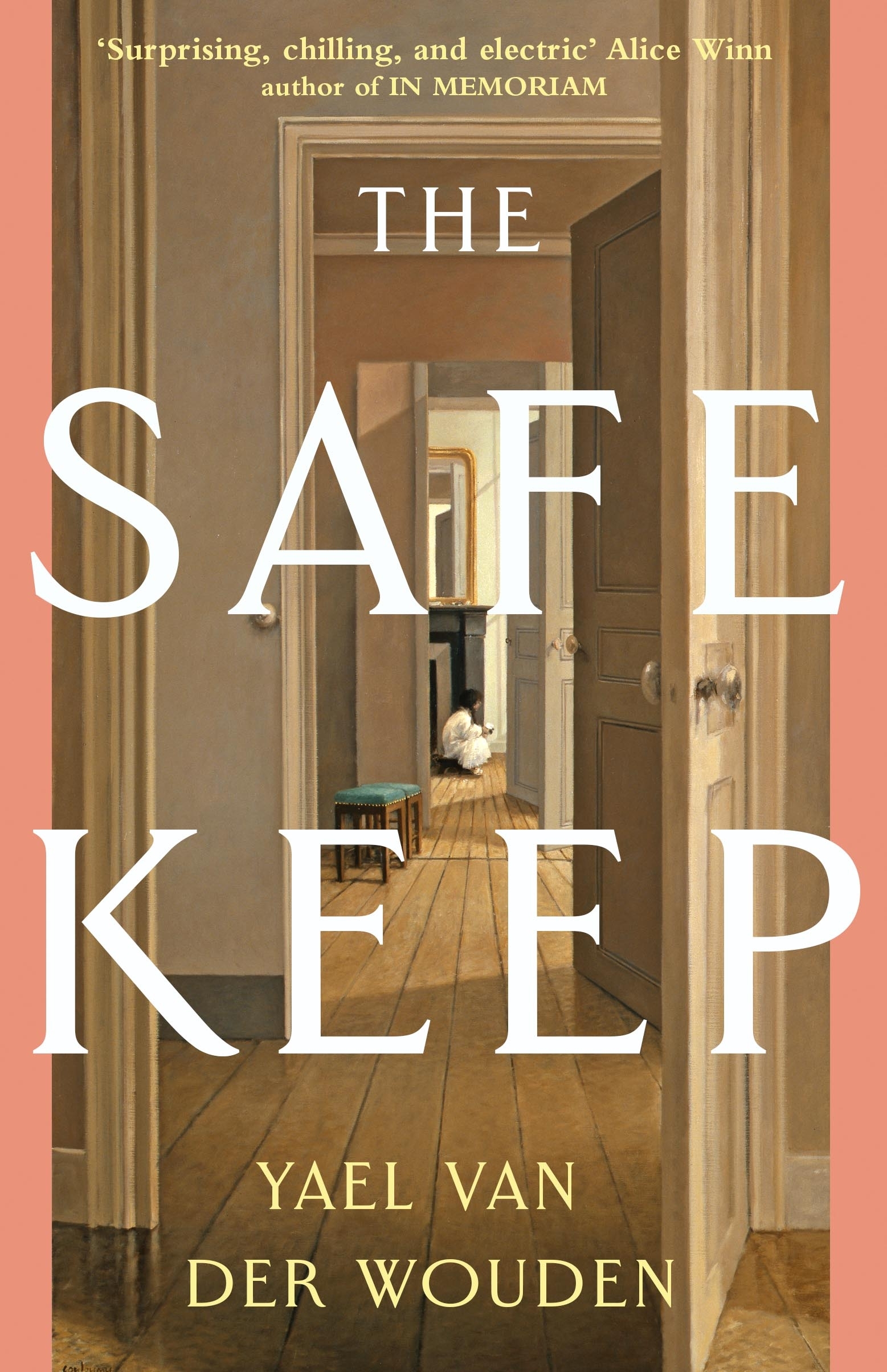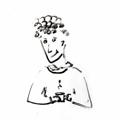ralentina reviewed The Safekeep by Yael van der Wouden
Rarely has an ending ruined my reading pleasure to this extent
4 stars
Content warning Mega spoiler!!!
Let’s get the spoilers out of the way first (LAST WARNING, STOP READING!): It is the 1960s, in the Netherlands. Isabel grew up in a large country house in Overijssel, living a reclusive, calm, and quite miserable life. Over the years, she has seen her brothers move out, and her mother die, and feels utterly alone. She is unfriendly, bitter and obsessed by the fear others may be stealing from her. Against her will, she ends up hosting Eva, the new girlfriend of her brother Louis. Eva appears to Isabel as working-class, loud, tacky and fake. Things start to disappear from the house: first a spoon, then a cup, then a plate. The two barely talk to one another, and when they do Isabel is ferocious. Time goes on, however and, when you put two women alone in an isolate, cold country house for long enough, they will find ways to warm up each other, at first through guilt-ridden kisses in dark hallways, eventually with steaming hot sex. The twist is revealed in the third part of the book, when we get to read, through Isabel’s eyes, Eva’s diary. We learn that the house used to belong to Eva’s family, who lost it during the war when they had to go into hiding on account of being Jewish. They also lost the legal rights to the house, since they stopped paying the mortgage. Eva’s appearance in Louis and Isabel’s lives is an elaborate plan to get back what it’s hers. So far, so intriguing. In the last chapter, Eva and Isabel make up and EVA MOVES IN WITH ISABEL AS HER LOVER WITH THE PROMISE THAT SHE WILL BE GIVEN THE HOUSE WHEN ISABEL INHERITS IT, WHICH IS AS PROBLEMATIC AS STARTING POINT FOR A RELATIONSHIP AS THERE EVER WAS. This book has two enormous strengths: (1) it’s fun to read, thanks to a well-paced plot, a writing style that is elegant enough without being pretentious, and a lot of really hot lesbian sex scenes (2) it explores an important topic, e.g. collective responsibility, guilt and victimhood, in a way that is thought-provoking but not excessively preachy. This book also has a pretty big flaw, i.e. a disappointing ending that to my eyes undermines both endeavors, since if seems implausible in relation to the preceding story line, and also risks presenting love as a solution to historical injustice. The book came out in 2024 and, as far as I hear, the author has basically refused to talk about Palestine, and seems to be resisting the pressure">pagesofjulia.com/2024/02/16/maximum-shelf-author-interview-yael-van-der-wouden/) to do so on the grounds that it has little to do with a Jewish-Dutch identity (maybe? That’s how I understand it). The argument is complicated by the fact that she was born in Israel and the story of Eva is not too dissimilar to that of many Palestinians, at least with respect to the experience of losing a home to strangers.


